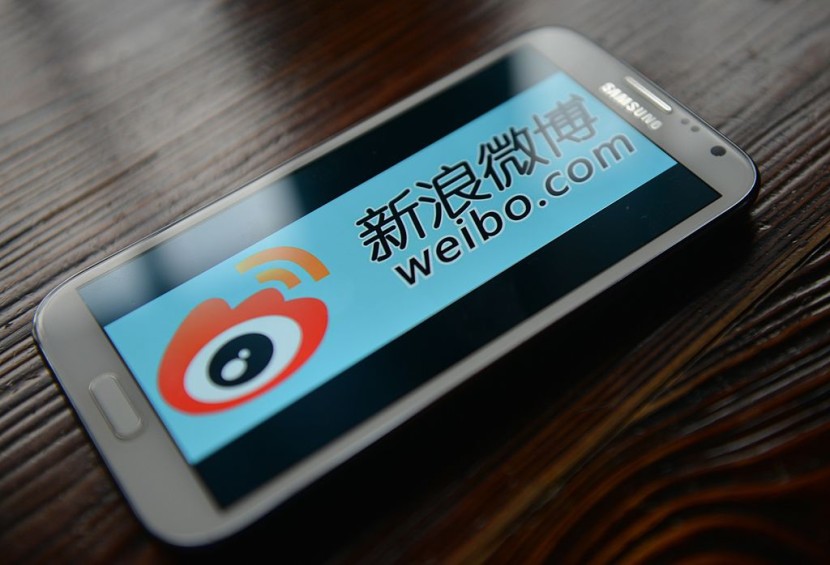
Park Ji-min, a member of the South Korean boy band BTS, had his fans in China pool money to plaster his photos, a declaration of their "eternal love" on the exterior of an airplane a month before his 26th birthday.
Weibo, a Chinese microblogging platform, grabbed notice when photos of the modified Jeju Airplane circulated extensively in China last week. The fan account was accused of "illegal fund-raising," and the page was prohibited from posting on the site for 60 days on Sunday.
After receiving complaints, Weibo announced that it will suspend 21 additional K-pop fan accounts for a month, including those that idolize other members of BTS, the female group Blackpink, and EXO, a band with Chinese members.
Beijing has lately made efforts to curb down fan clubs, amid rising concerns that the country's youth are being poisoned by the need for internet attention and celebrity adoration. Weibo stated in a statement that greater supervision of fan groups will "purify" the online climate and satisfy the platform's societal duties, The New York Times reported.
Weibo to ban "unlawful star-chasing behavior" accounts
It stated it will take downlinked blog entries that broke the rules and that it "strongly condemns such illogical star-chasing behavior and will take action against it." Weibo highlighted a National Radio and Television Administration warning from Thursday as evidence of the necessity to control the chaos of fan clubs. The government regulator stated in the notification that broadcasts of "vulgar online celebrities and feminine-looking guys would be prohibited."
The social media platform emphasized the necessity of correcting celebrities' "illegal and immoral behavior" and preserving an industry-wide standard of artistic works that "love the party and love the nation."
Zhao Wei, one of China's most prominent actors, was suddenly wiped off China's internet in a single evening last month, with her Weibo profile being taken down and movies she appeared in being removed from streaming platforms. Hashtags related to Zhao's talk were also banned.
Per Business Insider, the National Radio and Television Administration called for a boycott of "sissy idols" in August, and broadcasters were instructed to remove artists with incorrect political stances from their shows. China has also banned children from playing video games during the school week and limited their video game time to three hours per week.
Entertainment crackdown is part of Xi Jinping's initiatives
China has long imposed restrictions on the entertainment sector, such as requiring game creators to jump through often ludicrous hoops to have their games licensed and removing sex and violence from famous TV series such as Game of Thrones.
The move appears to be part of Chinese President Xi Jinping's "national rejuvenation" initiatives, with the Communist Party strengthening its grip on culture, religion, education, and commerce. Critics argue that such a campaign is mostly motivated by Xi's desire to strengthen his hold on power to extend his tenure.
Weibo, on the other hand, has been chastised for going too far in enforcing the posting restriction on fan club accounts. After retaliating against Seoul's decision to allow the US to deploy a missile defense system here in 2017, Chinese authorities have refused to relax restrictions on Korean singers and entertainers performing in China, as well as K-pop culture merchandise. The prohibition on publishing on fan club accounts might be regarded as another affront to the Korean entertainment industry.
According to an industry expert, the restriction harkens back to China's Cultural Revolution. This is out of touch with the fast-changing world of the twenty-first century. China should not try to limit its people's right to appreciate different cultures and participate in fan club activities as it strives to become a cultural power, as per the Korea Times.
Related Article: China's Scandal-Hit Stars Are in Harsh Inequality Drive as Communist Government Launches Celebrity Crackdown
© 2026 HNGN, All rights reserved. Do not reproduce without permission.








